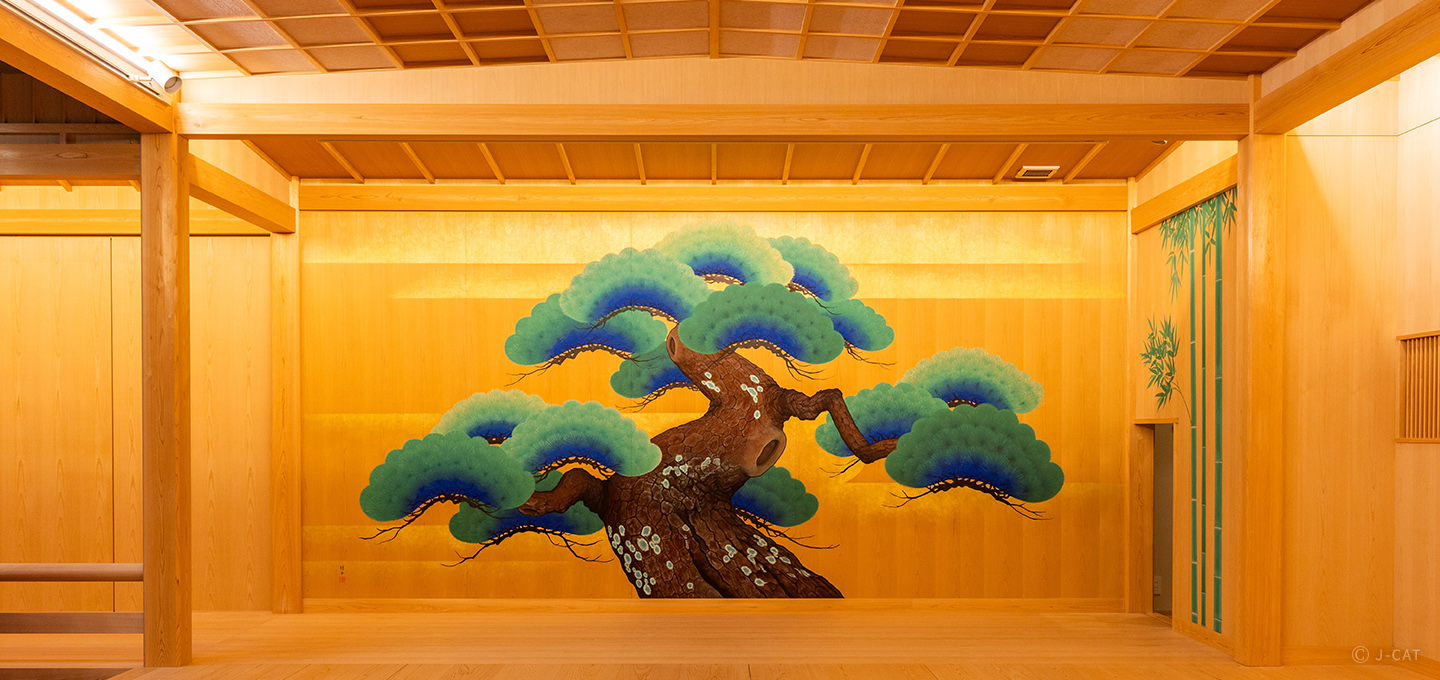
Special Experience
Kyoto
Explore Japan’s Finest Hospitality With Noh & Tea Ceremony - Includes Private Performance
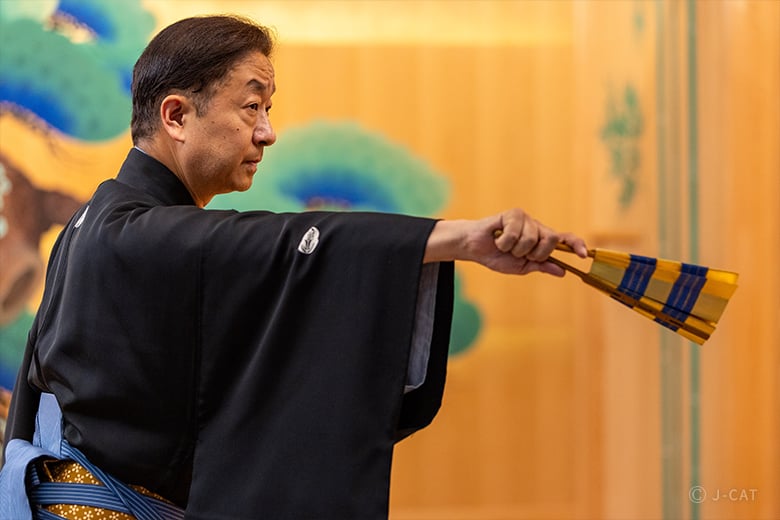
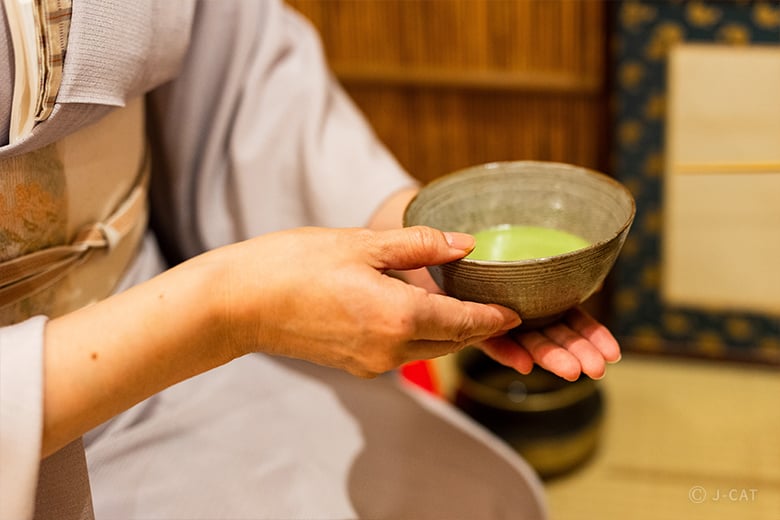
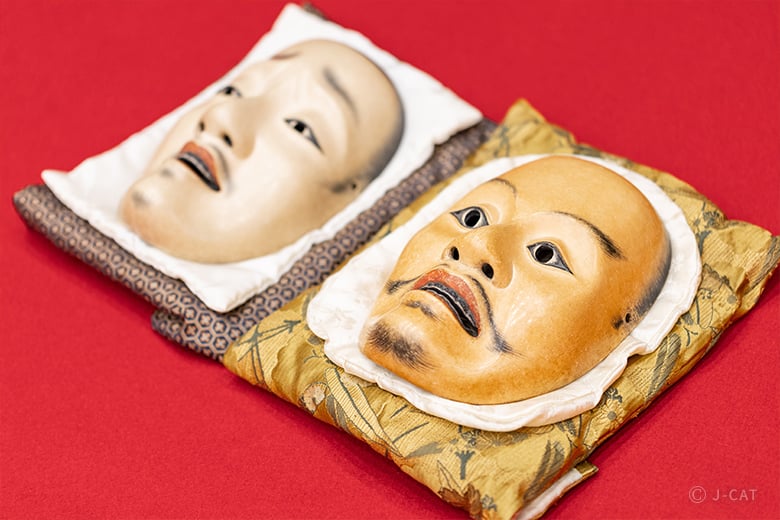
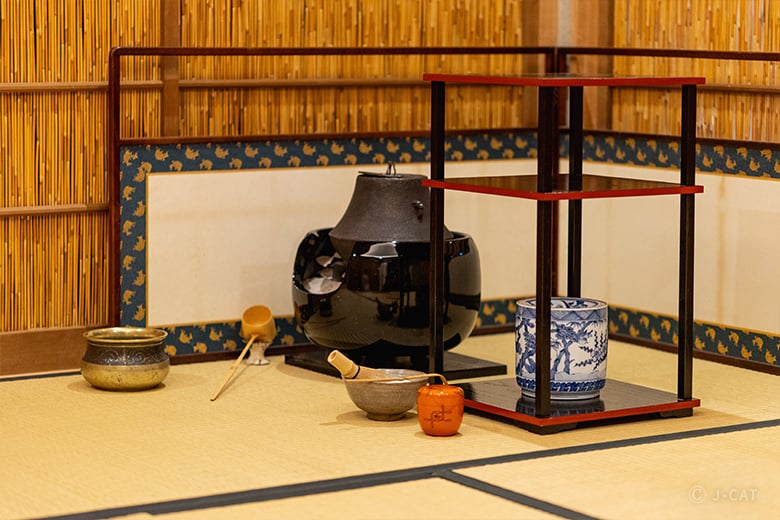
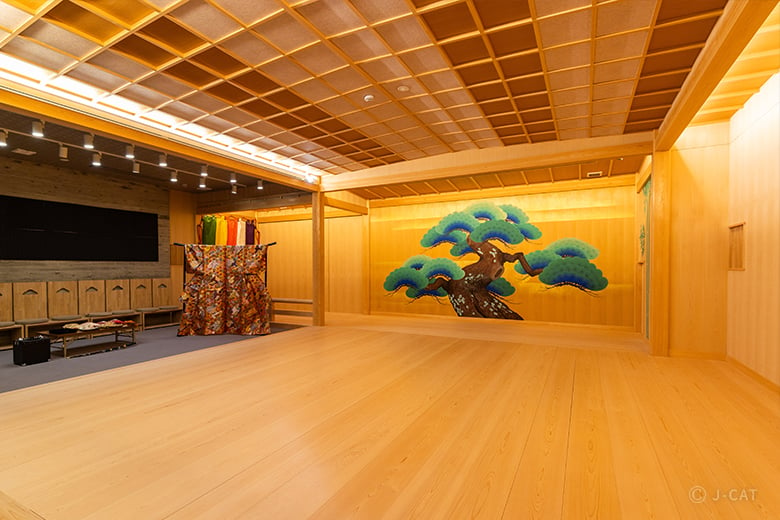
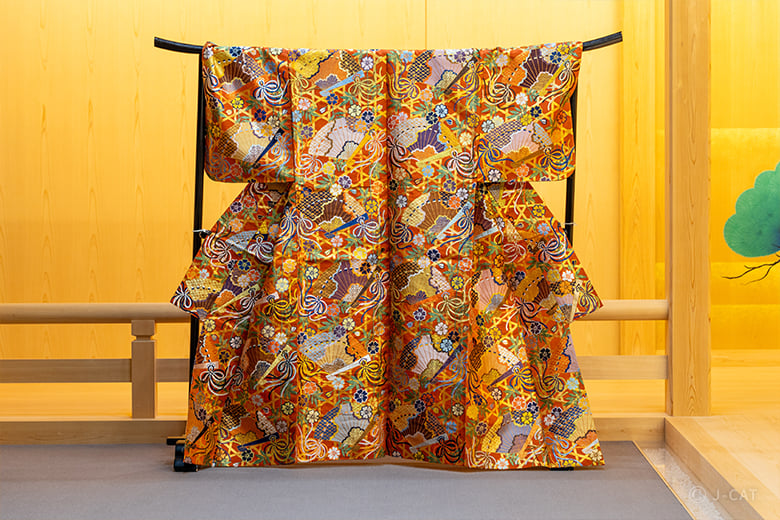
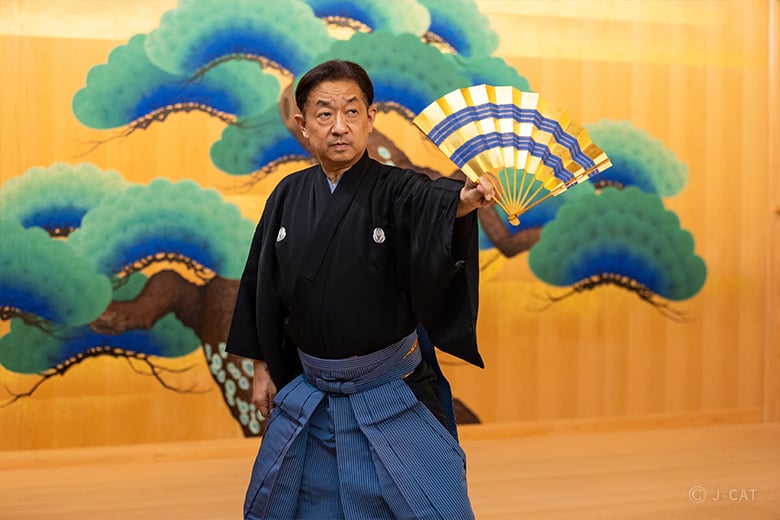
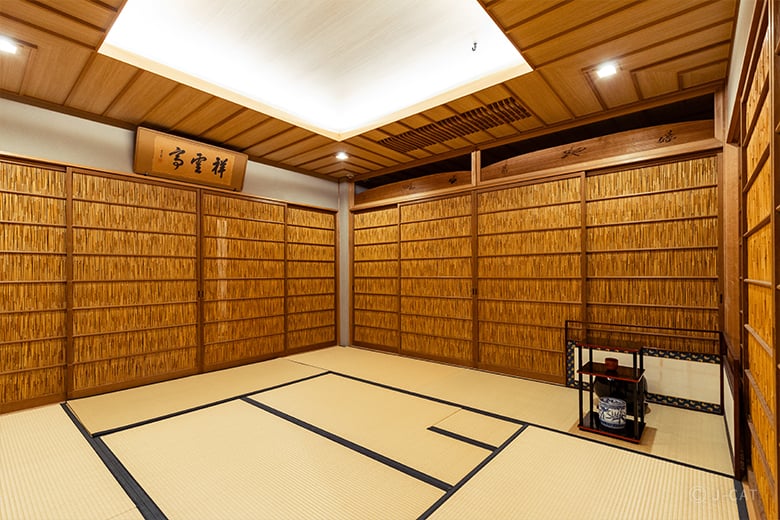
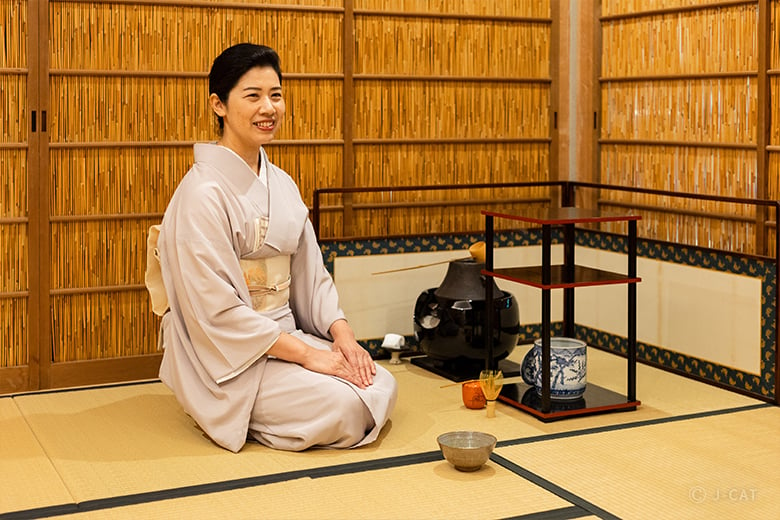
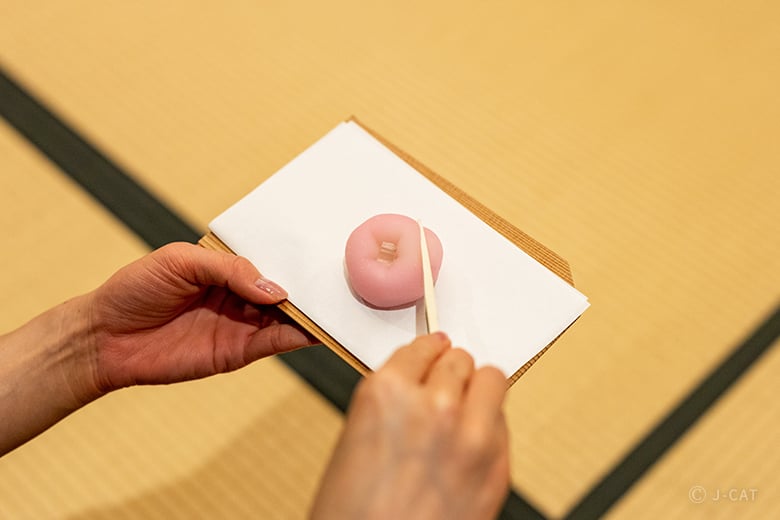
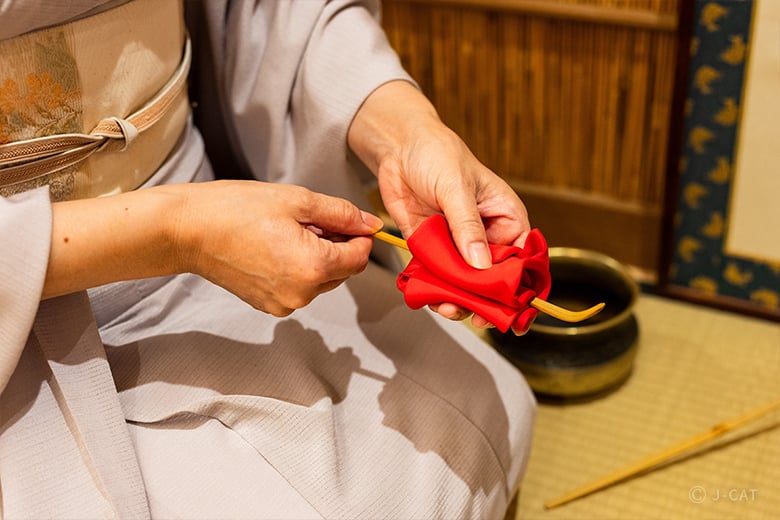
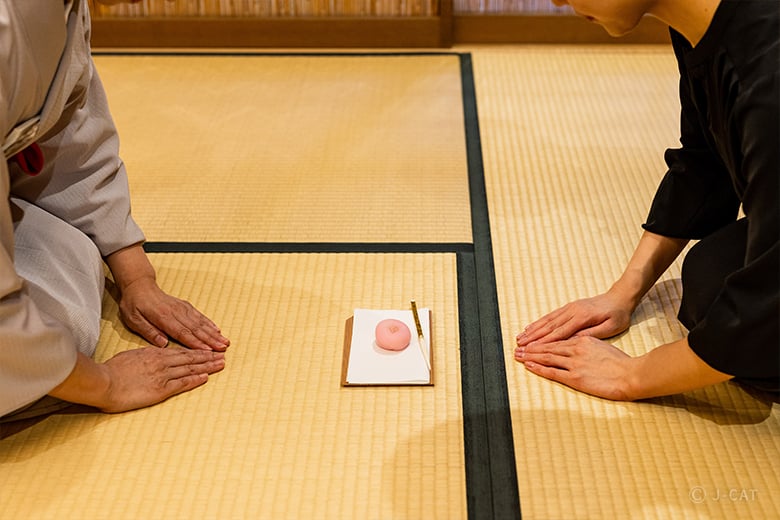
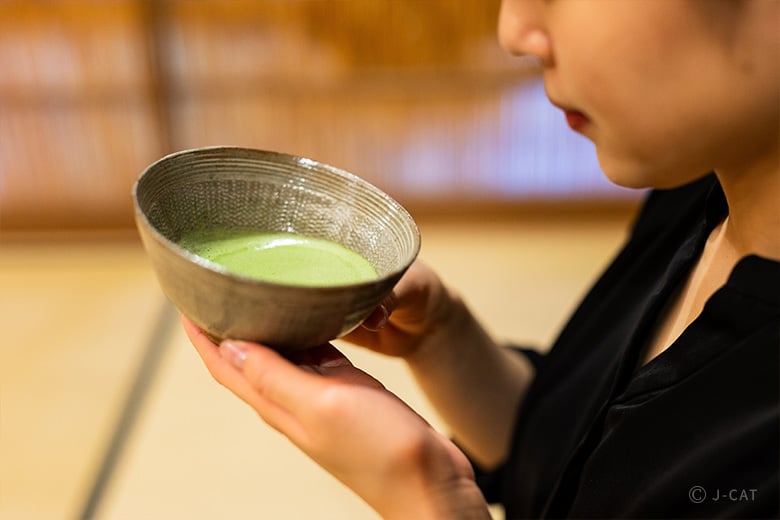
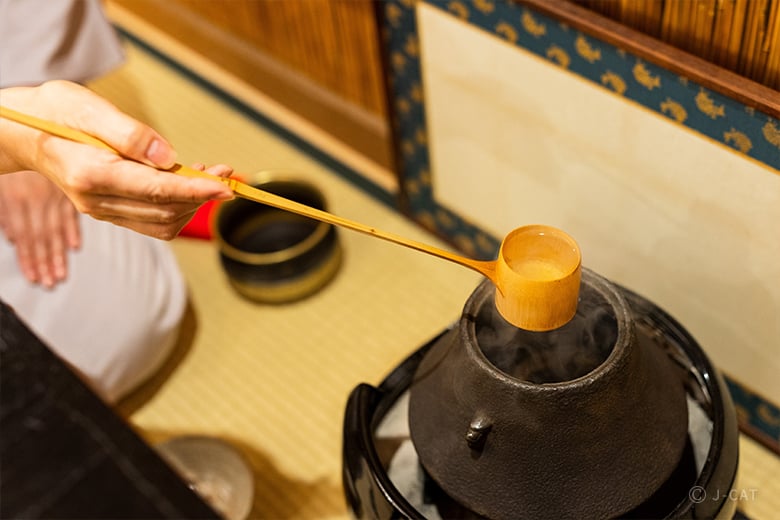
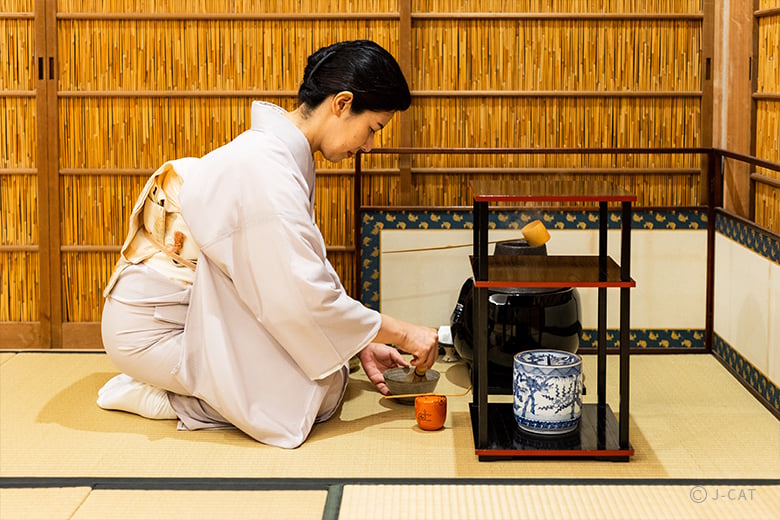
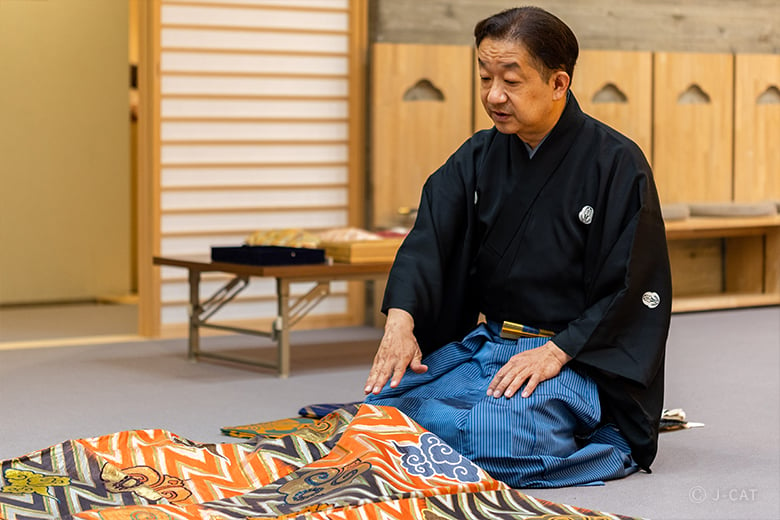
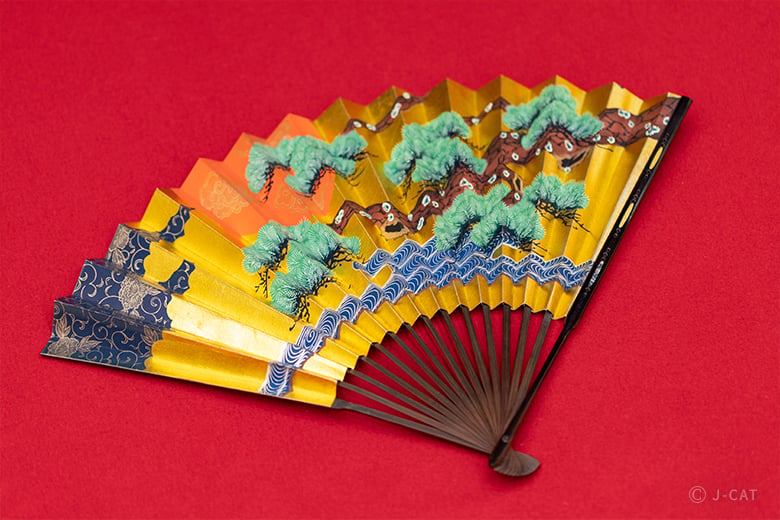
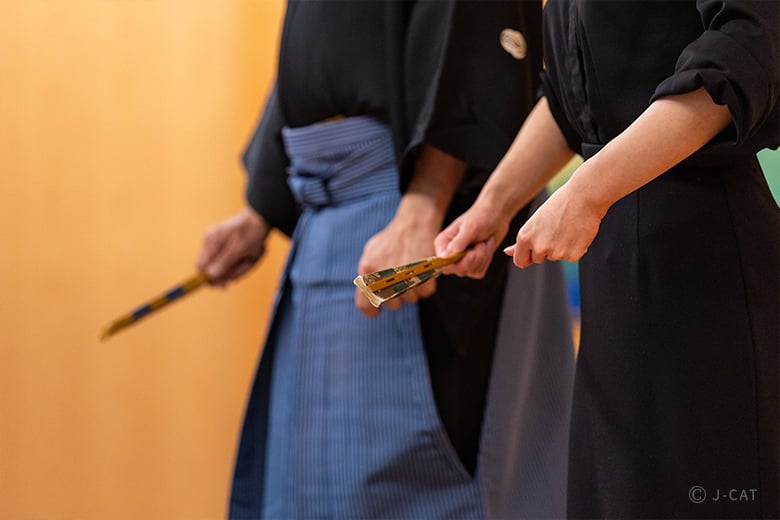
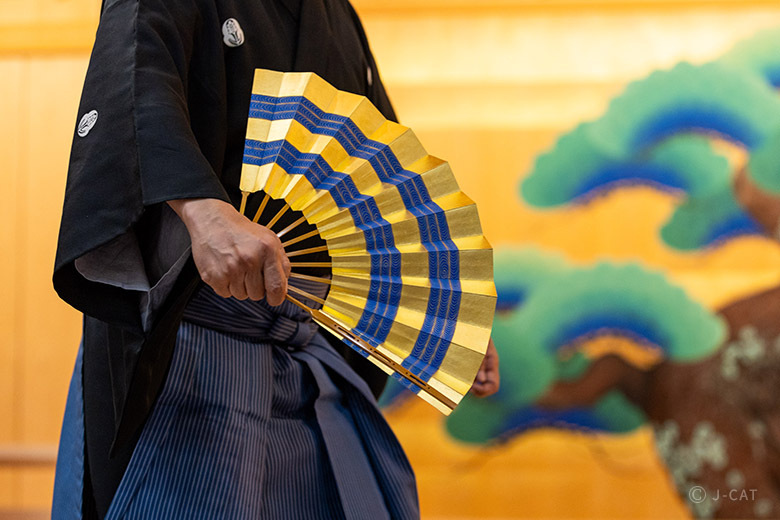
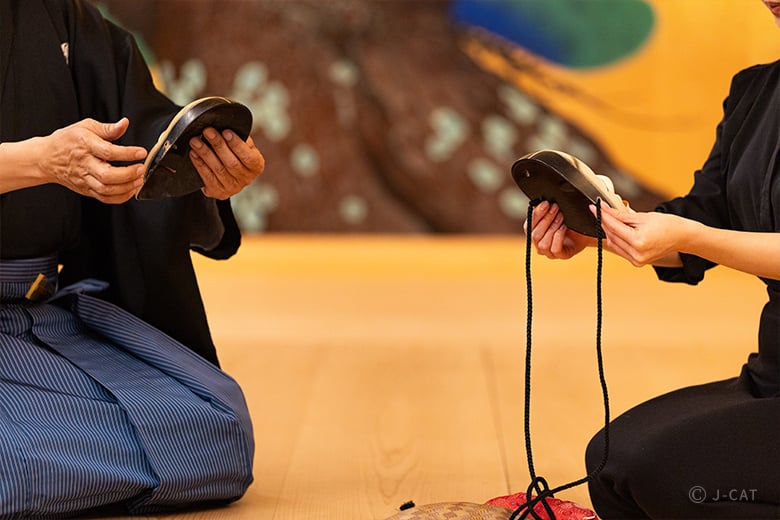
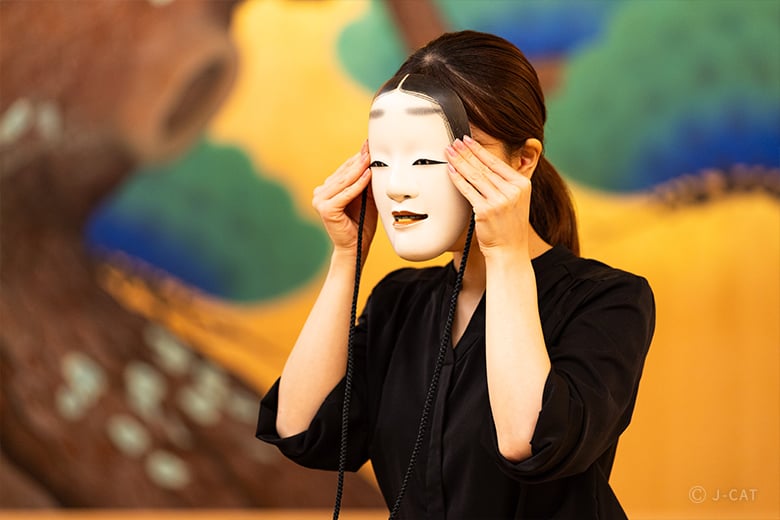
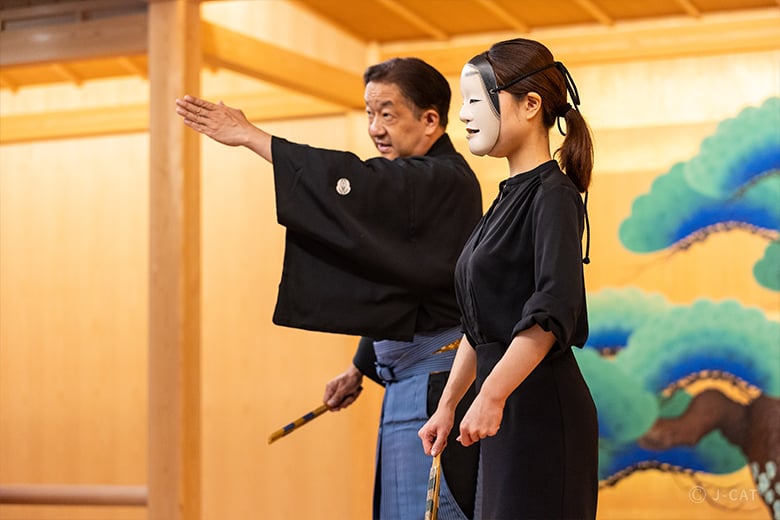
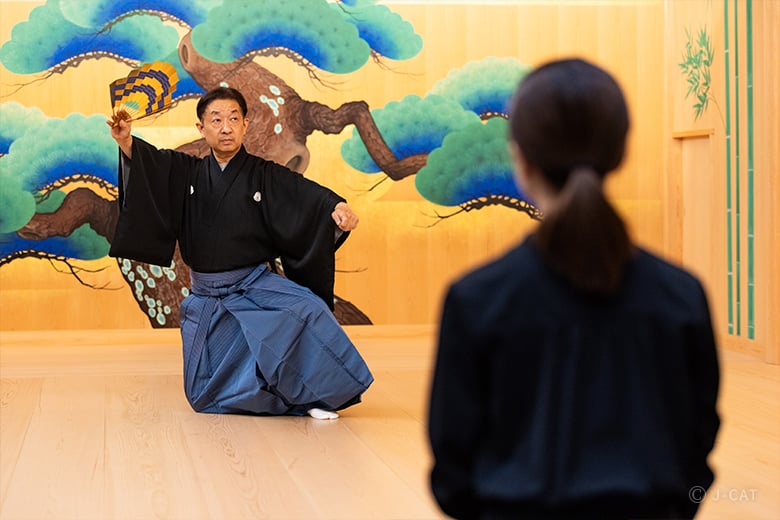
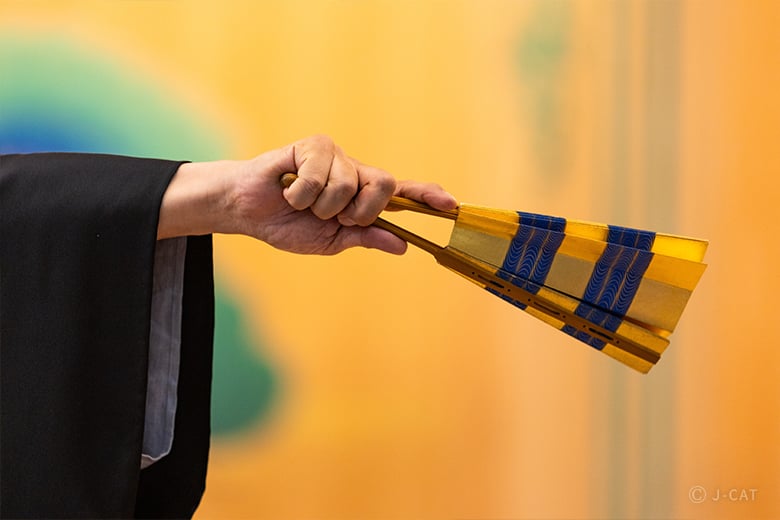
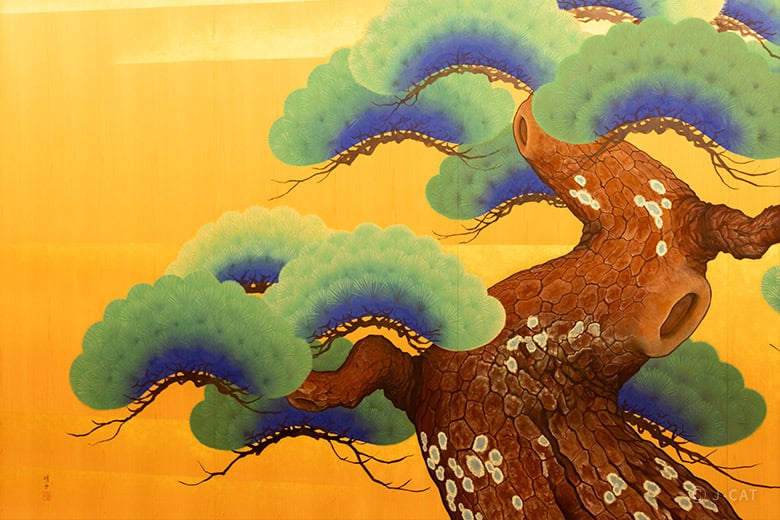

























Overview
Experience the essence of Japan by delving into the world of noh, a form of dance-drama performed since the 14th century. At Kyoto’s Shinyo Kaikan - home to a noh theater and tea ceremony room - you’ll gain insights into its intimate links to tea ceremony and how both were historically the greatest forms of hospitality for the aristocracy, samurai, and other cultural elites. After a tea ceremony performed by a third-generation practitioner, deepen your understanding by viewing genuine masks, costumes, and more with a noh actor. Finally, engage your senses with a mesmerizing private performance.
Key Features
・Understand the links between noh and tea ceremony, Japan’s finest forms of hospitality
・Enjoy matcha tea and wagashi sweets during a tea ceremony by a third-generation practitioner using high-quality utensils
・Learn from a noh actor about the tools of the trade and basic movements before observing a private performance
*Visitors may also be interested in these other similar plans:
・Discover the World of Noh in a Rural Kyoto Village - Includes Tea & Kyoto Sweets at a Temple
・Enjoy a Kyoto Merchant-Style Celebration With a Noh Actor - With a Sake Toast & Fine Japanese Cuisine
Kyoto
120mins
from ¥228,000 /group
1 - 20 participants
Available in English
Cancel free up to 31 days prior
Details
Step into the World of Noh, a Historic Art Beloved by the Samurai
One of the world’s oldest theatrical forms that is still regularly performed, the art of noh brings together simple yet stylized movements, beautifully crafted costumes and masks, traditional tales, and more for a uniquely Japanese performance.

The dignified noh theater, complete with the traditional pine tree backdrop
Originally carried out at temples and shrines to pray for bountiful harvests, good fortune, and so on, it was beloved by the upper class of centuries ago, including the aristocracy, merchants, and samurai. Even Tokugawa Ieyasu - the shogun known as one of the three “Great Unifiers” of Japan - both appreciated and practiced noh since childhood. In 2008, it was recognized as a UNESCO Intangible Cultural Heritage.
This Wabunka experience will transport you into the fascinating world of noh, giving you a taste of not only its stage elements, but also its intimate connection with tea ceremony as a form of hospitality. It will take place inside the Shinyo Kaikan, which houses a dignified tea ceremony room and noh theater while also retaining contemporary comforts. Despite being a 2-minute walk from Kyoto’s Kitaoji Station, its graceful interior and charming tea garden will take you far away from the hustle and bustle of the city.

Noh has been passed from generation to generation for over 600 years
Understand the History of Noh and Tea Ceremony as Japan’s Finest Forms of Hospitality
Your experience will begin with an introduction to the fundamentals of noh, after which you’ll learn about its deep relationship with tea ceremony with Michiko Wakebayashi, a tea master at the Urasenke school whose family has practiced at this site for three generations. Her husband, Michiharu Wakebayashi, is a noh actor and director of the Association of the Kanze School.

Learn about the connection between noh and tea ceremony
At first glance, noh and tea ceremony may seem completely separate, but they are essential parts of Japanese culture that have been inexorably linked over the centuries. Both were historically viewed as the greatest hospitality a host could provide; at the beginning of the Edo period (1603-1868), vassals would welcome shoguns and daimyos at home by holding a tea ceremony, then entertaining them with noh. Furthermore, both arts were heavily influenced by Zen Buddhism, leading them to develop similar aesthetics and principles.

Noh and tea ceremony share similar aesthetics that value simplicity
Engage Your Senses and Enjoy the Spirit of Hospitality Through Tea Ceremony
Take part in a tea ceremony with a new appreciation of its connections to noh, which extends to how they encourage you to actively engage your senses. You may find pleasure in noticing the subtle details, like the bubbling of hot water waiting to be poured, the fragrances of matcha and incense, and the precise movements of your host - all things that are easy to overlook in a hectic modern lifestyle.

Every movement Wakebayashi makes has a purpose
Before drinking the matcha, prepare your palate with exquisite wagashi (traditional sweets) from a long-established store patronized by Wakebayashi. Also, be sure to observe the fine workmanship of each of her utensils, which include ceramics passed down through the generations and personally sourced by her in Kyoto. If you’d like, you can even use them to try whisking tea yourself.

Savor the sensations of drinking delicious matcha from a beautiful tea bowl
In addition to historical context, Wakebayashi hopes that the tea ceremony will help visitors to understand first hand the spirit of Japanese hospitality, which is made possible by the care and consideration displayed by both the host and guests. All of this will prepare you to step even further into the world of noh.
Take to the Stage to Learn About Masks, Moving Like a Noh Actor, and More
After the tea ceremony, enter the dignified noh stage where you’ll be drawn into Yashima, a play centered around the legendary samurai Minamoto no Yoshitsune. As you view treasured masks, striking fans, and pure silk costumes, learn from a professional noh actor based in Kyoto about how they are used and the significance behind them.

A practicing noh actor will bring you into the world of Yashima through costumes and more
For example, you might compare the stern expression of the heita mask worn to portray heroes in “kachishura-mono” (plays about triumphant battles), including Yoshitsune himself, to a chujo mask, which evokes the elegant atmosphere of a nobleman. You’ll also gain further insights into noh’s practitioners and audiences and its role in Japanese hospitality.

A genteel chujo mask with a stern heita mask
Next, it’s time to experience noh dance through the kamae posture and hakobi walking style. Though at first it may be challenging to maintain your balance while gliding around the stage and keeping your arms suitably bent, the actor’s careful guidance will help you to grasp the essence of these fundamental elements.

Bring yourself into the correct posture with the help of the actor
During this, you may even be given a rare opportunity to try on a model mask, which will give you a sense of the extra weight and limited vision it causes during formal performances.

A wakaonna mask representing a young woman
Observe an Otherworldly Noh Performance
Now that you’ve tried noh yourself, engage all of your senses once more as you watch the actor in a private performance, which will be selected to match the preceding tea ceremony or the current season.

Each movement seems simple, but can hold multitudes of meaning
There is no definitive way to enjoy noh; like the tea ceremony, you might begin with certain details, from the tone of the actor’s chanting to the way light and shadow play across his face. You may also notice the gravity of the seemingly simple kata - patterns of movement that make up every dance in noh - that have been refined for generations, paying respect to the practitioners who came before.

The noh actor will perform in a montsuki costume, which bears samurai crests
For an extra fee, you can also request for the performer to wear a costume and mask generally used only for formal performances.
Finally, return to the tea ceremony room for some last remarks about noh and tea ceremony, as well as a casual chat. Feel free to share your impressions of the performance and the experience overall, as well as ask more questions. To learn even more, add on a custom tour of nearby noh-related spots, from Zen temples to noh fan shops.
Insights Into Japanese Hospitality and Culture That Will Enrich Your Everyday Life
This experience is a rare opportunity to not only indulge in the best of what Japan’s hospitality has to offer but also gain genuine insights into the culture of tea ceremony and noh. Your tea ceremony expert, Michiko Wakebayashi, particularly hopes that you’ll go home with a sense of the care and consideration shared by the host and guests, an important part of Japanese culture that may enrich your own life.

Wakebayashi’s tea ceremony will give you much more than a cup of tea
Similarly, learning with a practicing noh actor will give you a unique appreciation of this historic art from an aesthetic, cultural, and physical point of view. Regardless of your interpretation, this experience is sure to endure as a special memory of your time in Kyoto.

Like the stage’s pine tree, your memories of this experience will stay evergreen
Discover Noh in Kyoto / Shinyo Kaikan

Discover Noh in Kyoto / Shinyo Kaikan
Discover Noh in Kyoto
This organization aims to foster a deeper understanding and broader appreciation of noh, a traditional Japanese performing art. They engage in various activities such as tourism services, event planning, workshops, and tours catered to inbound tourists and foreign residents in Kyoto. Additionally, they offer interpreter guide courses and educational programs centered around noh for international students and enthusiasts.
Shinyo Kaikan
A short walk from Kyoto’s Kitaoji Station, Shinyo Kaikan houses a tea ceremony room on its first floor and a noh theater in its basement. Combining traditional elegance with contemporary comforts, it hosts a variety of events and workshops including but not limited to noh in line with its mission of educating and enriching people’s lives through traditional culture.
Location
Shinyo Kaikan
Kita Ward, Kyoto
Request for booking
Select first preferred date (JST)
February 2026
Sun
Mon
Tue
Wed
Thu
Fri
Sat
Instant Booking
Request Booking

17
Full

17
Unavailable
- Instant Booking: Your reservation is confirmed immediately upon payment.
- Request Booking: You will receive confirmation after the host reviews your request.
Kyoto
120mins
from ¥228,000 /group
1 - 20 participants
Available in English
Cancel free up to 31 days prior
Things to know
Contact Us
If you have any questions, please contact us using the form below.
We also accept bookings from corporate clients and travel agencies.